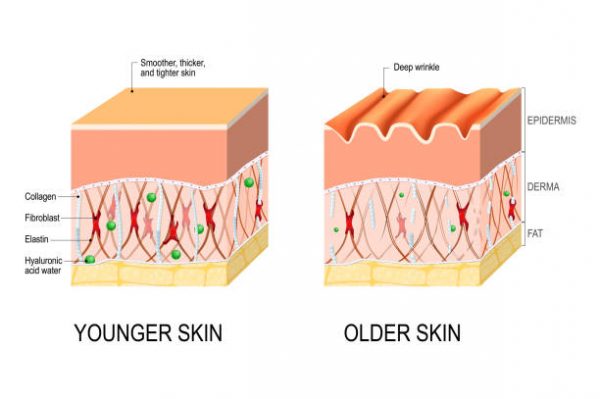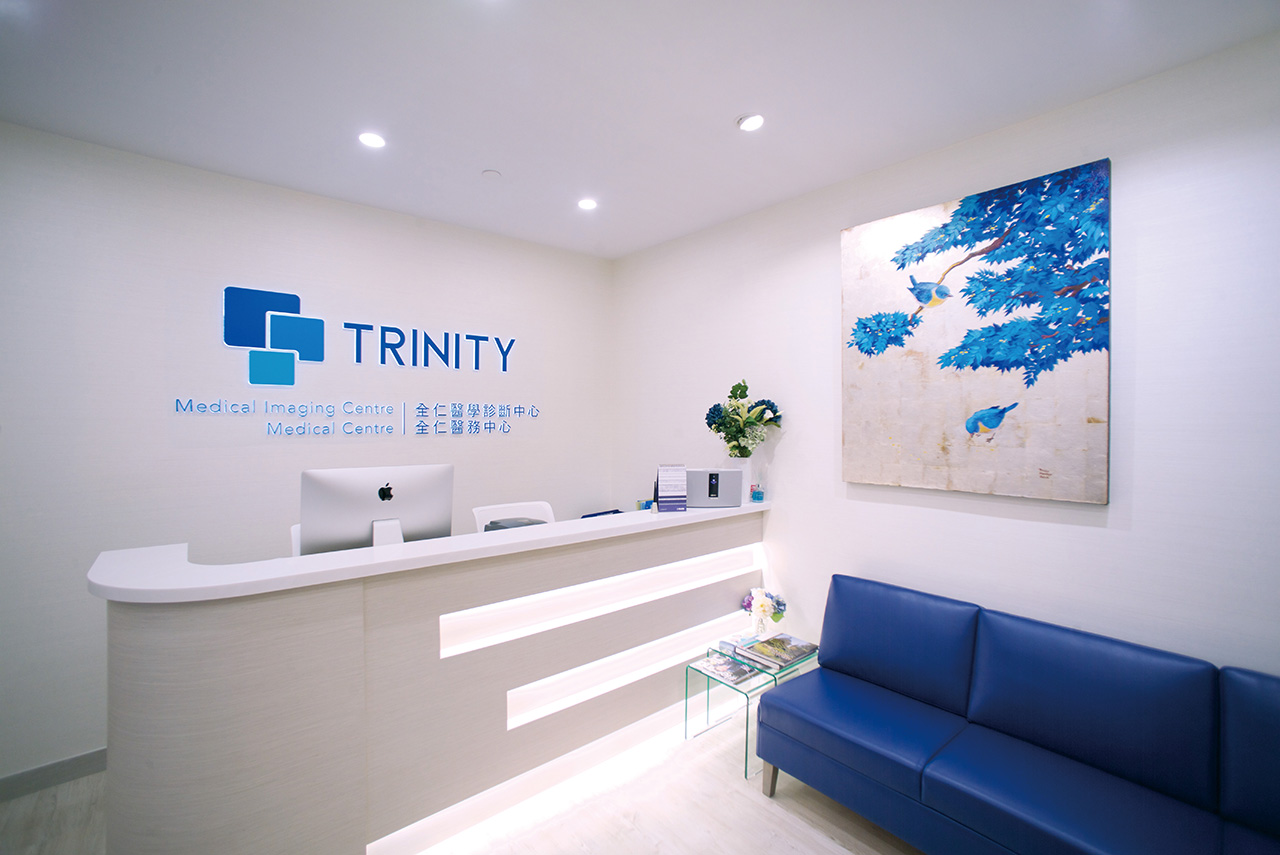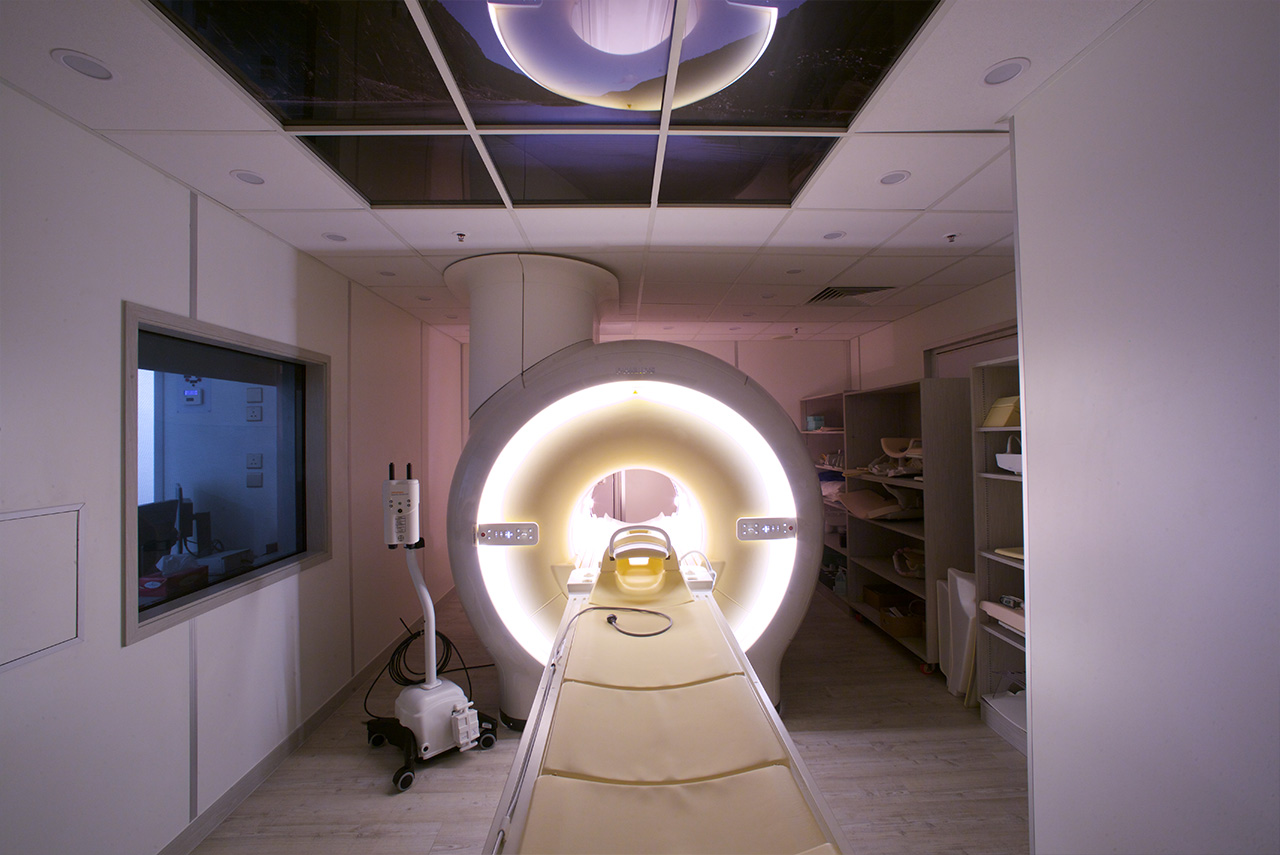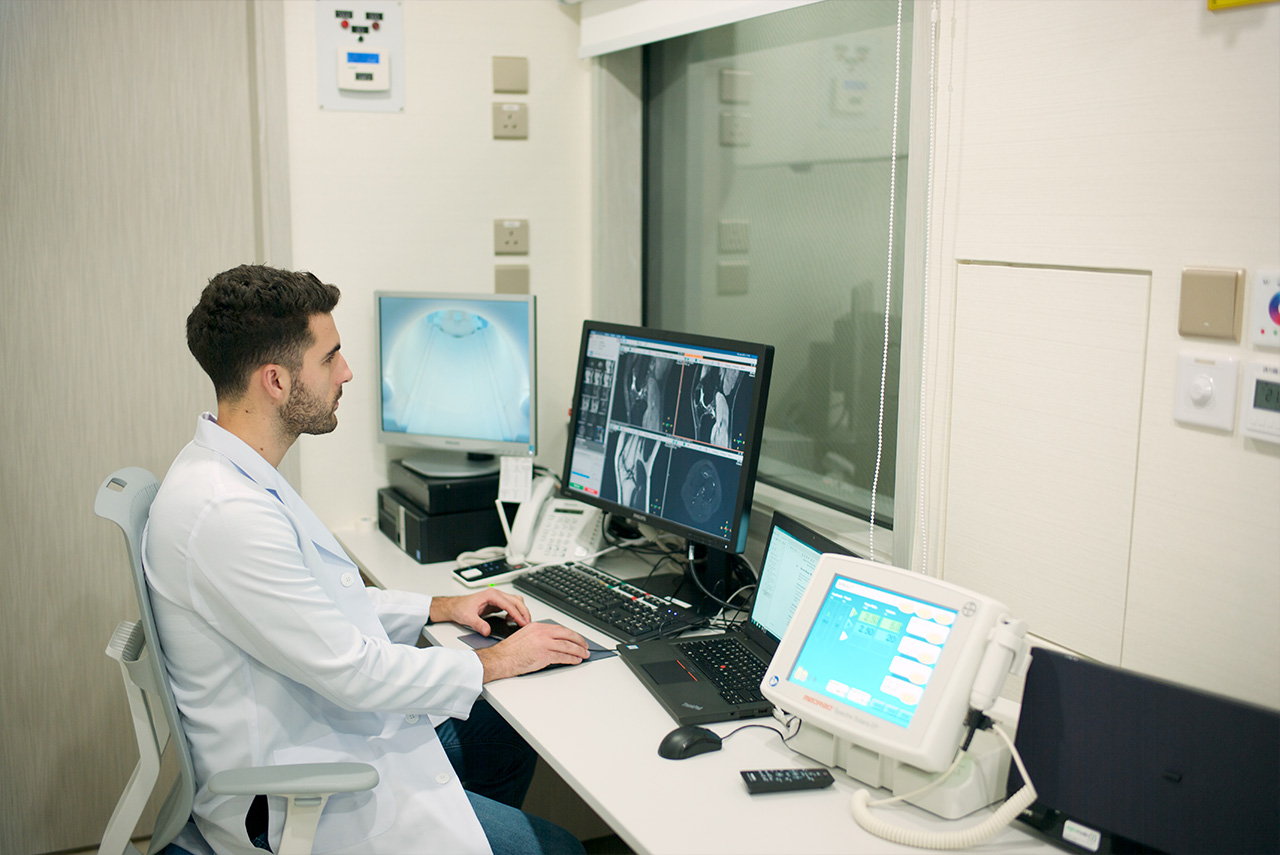3 Fallacies about skin collagen
Collagen is an important fibrous protein of the skin. It accounts for 70% of the skin of the human body and supports it like a scaffold providing strength, structure, elasticity and more. It helps lock in moisture and make the skin hydrated and plump which makes it one of the most important nutrient that the human body must supplement for anti-aging. The potential cause for fine lines, spots and skin sagging to gradually appear after the age of 25 is due to the loss of collagen.
Collagen must be kept in a water environment that has a 3.5 times larger molecule size than itself. Once there is insufficient water, the fibroblasts responsible for collagen production will age, and the productivity of bone collagen will decrease immediately. Thus, collagen and water are the lifeblood of healthy and young-looking skin.

- Skin with sufficient collagen (Left) has a smoother, thicker, and tighter skin surface texture. The epidermal cells are healthy, the collagen and elastin in the dermis are also full of elasticity, and there is no sign of sagging or wrinkling.
- The epidermis of the skin lacking collage (Right) is dry. The dermis loses its elasticity, and the expression lines and dry lines on the face evolve into fine lines and even deep wrinkles, especially obvious around the eyes, the corners of the mouth, and the brows.

Debunking 3 Collagen Myths
After losing collagen, there is a couple of options in the market that claim to be able to replenish collagen supply to our skin. Do they really do what they claim to do?
Taking collagen orally
Whether it is collagen in food or collagen supplements, collagen is a protein, which has to go through the whole process of being digested, decomposed, formed into different amino acid chains, and then distributed to various body organs. In fact, only 3-5% are replenished into the skin.
Topical skincare products with collagen
Collagen is a macromolecular protein, which is too large to pass through the epidermis of the skin, let alone penetrate into the dermis to replenish the collagen content.
Simply undergo treatments to boost collagen production
Although most collagen boosting treatments are effective, the results are always sub-optimal, or does not last long. This is because the focus is on just stimulate collagen production, while ignoring the conditions for collagen to survive – being surrounded and nourished by sufficient moisture. Just like fish maw that is not soaked in water, it is just a piece of hard stretched dry goods. It must be fully soaked before it becomes soft and smooth. Therefore, before and after the collagen boosting treatment, a skin rehydration treatment must be performed at the same time, and a large amount of water must be replenished (eg. high-molecular hyaluronic acid) to the deep layers of the skin to balance the collagen and water molecules of the skin, so that the collagen can grow in an optimal environment to survive and function in a healthy and sustainable manner, resulting in hydrated, glowy, and bouncy skin!
The technology for advanced collagen-enhancing beauty treatments evolved from RF radio frequency technology to Thermage and Utherapy. However, due to the pain, price and potential damage to the skin, these technology has not gone mainstream. In 2016, HIFU came to the rescue, with zero pain and significant collagen activation and contour lifting effects, HIFU has become the most popular medical beauty technology, revolutionizing the space.
How to Protect the Collagen in Your Skin
Although we can’t control time, let alone preventing the depletion of collagen, we can at least minimize loss. Developing good skincare habits can slow down the rate of collagen loss. Dermatologists confirmed that over 90% of premature skin aging cases are caused by sun (ultraviolet) exposure. Therefore, in order to have fair, supple, or texture-free skin, the sun is definitely our greatest enemy, so we must take the following sun protection measures:
1. The last step in skin care is to apply sunscreen.
2. Reapply sunscreen every two to three hours.
3. If you stay outdoors for a long time, use a parasol, hat, sunglasses or long-sleeved clothing to block UV rays.
4. Avoid staying outdoors for long periods of time when the sun is most intense (10 am to 3 pm).
5. Complete the collagen treatment according to schedule. It is important to choose one that is combined with facial water injection technology, so that the collagen can be activated and nourished at the same time, for a long lasting moisturizing and elasticity effect.





